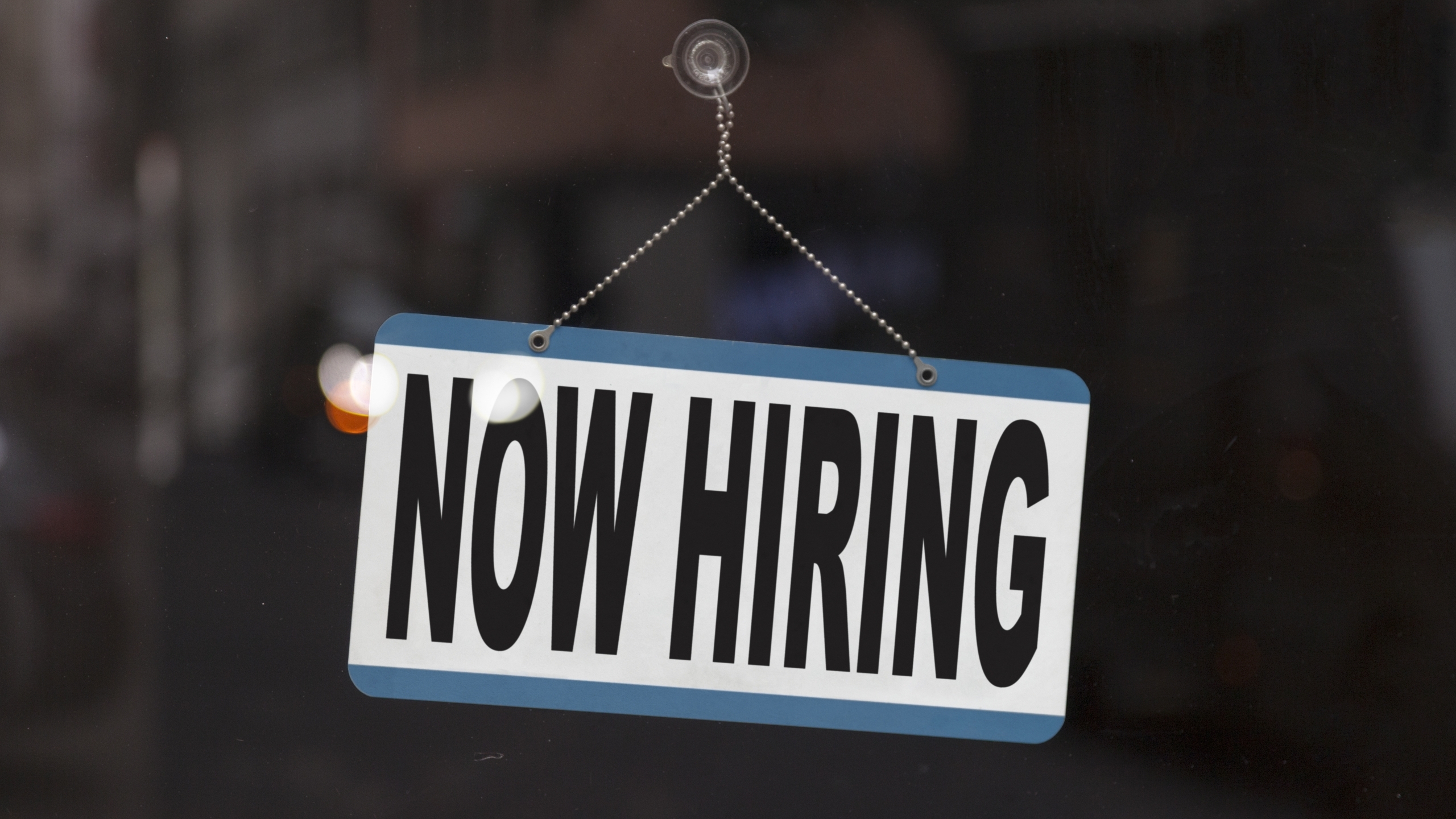NFIB State Director Rosemary Elebash said Tuesday the latest monthly decline in the NFIB Small Business Optimism Index underscores the ongoing challenges facing Alabama’s job creators.
“Small businesses continue the struggle to find employees to fill jobs, particularly in the trade and technical sectors,” Elebash said. “Businesses are paying overtime in order to deliver the services their clients need, but that coupled with inflation means higher prices for customers,” she said.
The national NFIB Small Business Optimism Index decreased by 1.1 points in April to 89.0. This marks the 16th consecutive month below the survey’s 49-year history of 98. Labor quality was the top business problem at 24 percent, with inflation in second place by one point at 23 percent.
“Optimism is not improving on Main Street as more owners struggle with finding qualified workers for their open positions,” said NFIB Chief Economist Bill Dunkelberg. “Inflation remains a top concern for small businesses but is showing signs of easing.”
Key findings include:
- The frequency of reports of positive profit trends was a net negative 23 percent, five points worse than March.
- A net negative 5 percent of owners viewed current inventory stocks as “too low” in April, down six points from March. This suggests stocks are now too large relative to expected sales.
- The net percent of owners raising average selling prices decreased four points to a net 33 percent (seasonally adjusted).
- The net percent of owners who expect real sales to be higher deteriorated four points from March to a net negative 19 percent. As reported in NFIB’s monthly jobs report, owners’ plans to fill open positions remain elevated, with a seasonally adjusted net 17 percent planning to create new jobs in the next three months. Seasonally adjusted, a net 40 percent reported raising compensation. A net 21 percent plan to raise compensation in the next three months. Nine percent cited labor costs as their top business problem and 24 percent said that labor quality was their top business problem.
Fifty-six percent of owners reported capital outlays in the last six months, down one point from March. Of those making expenditures, 40 percent reported spending on new equipment, 23 percent acquired vehicles, and 11 percent spent money on new fixtures and furniture. Fifteen percent improved or expanded facilities and 6 percent acquired new buildings or land for expansion. Nineteen percent of owners plan capital outlays in the next few months, down one point from March and historically very weak.
A net negative 9 percent of all owners (seasonally adjusted) reported higher nominal sales in the past three months, down three points. The net percent of owners expecting higher real sales volumes deteriorated four points to a net negative 19 percent.
The net percent of owners reporting inventory increases declined six points to a net negative 7 percent. Not seasonally adjusted, 13 percent reported increases in stocks and 19 percent reported reductions. Eighteen percent of owners recently reported that supply chain disruptions still have a significant impact on their business. Another 31 percent reported a moderate impact, and 37 percent reported a mild impact.
A net negative 5 percent of owners viewed current inventory stocks as “too low” in April, down six points from March. By industry, shortages are the most frequent in manufacturing (10 percent), agriculture (9 percent), retail (9 percent), and wholesale (8 percent). Shortages in construction (6 percent) have been reduced because home sales have slowed dramatically due to higher interest rates. A net negative 5 percent of owners plan inventory investment in the coming months, down one point from March.
The net percent of owners raising average selling prices decreased four points from March to a net 33 percent (seasonally adjusted), the lowest since March 2021. Unadjusted, 12 percent reported lower average selling prices and 48 percent reported higher average prices. Price hikes were the most frequent in construction (59 percent higher, 7 percent lower), retail (59 percent higher, 8 percent lower), wholesale (54 percent higher, 14 percent lower), and finance (52 percent higher, 5 percent lower). Seasonally adjusted, a net 21 percent plan price hikes.
The frequency of reports of positive profit trends was a net negative 23 percent, five points worse than in March. Among the owners reporting lower profits, 29 percent blamed weaker sales, 20 percent blamed the rise in the cost of materials, 13 percent cited the usual seasonal change, 10 percent cited labor costs, 9 percent cited lower prices, and 4 percent cited higher taxes or regulatory costs. For owners reporting higher profits, 51 percent credited sales volumes, 16 percent cited higher prices, 15 percent cited usual seasonal change, and 4 percent cited lower labor costs.
Two percent of owners reported that all their borrowing needs were not satisfied. Thirty percent of owners reported all credit needs were met and 59 percent said they were not interested in a loan. A net 6 percent reported their last loan was harder to get than in previous attempts, down three points. Four percent reported that financing was their top business problem. A net 26 percent of owners reported paying a higher rate on their most recent loan.
The NFIB Research Center has collected Small Business Economic Trends data with quarterly surveys since the fourth quarter of 1973 and monthly surveys since 1986. Survey respondents are randomly drawn from NFIB’s membership. The report is released on the second Tuesday of each month. This survey was conducted in April 2023.






















































